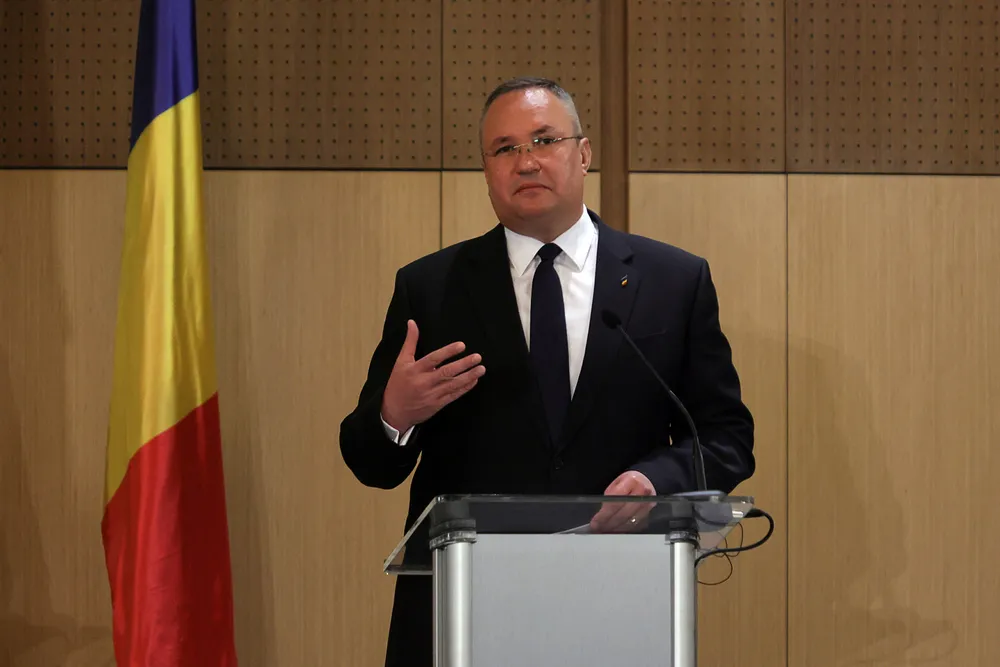Romania gets to grips with Neptun Deep offshore project
Authorities in Bucharest have promised to speed up a gas project that was shelved against a backdrop of Russian geopolitical pressures

Authorities in Bucharest have promised to speed up a gas project that was shelved against a backdrop of Russian geopolitical pressures
